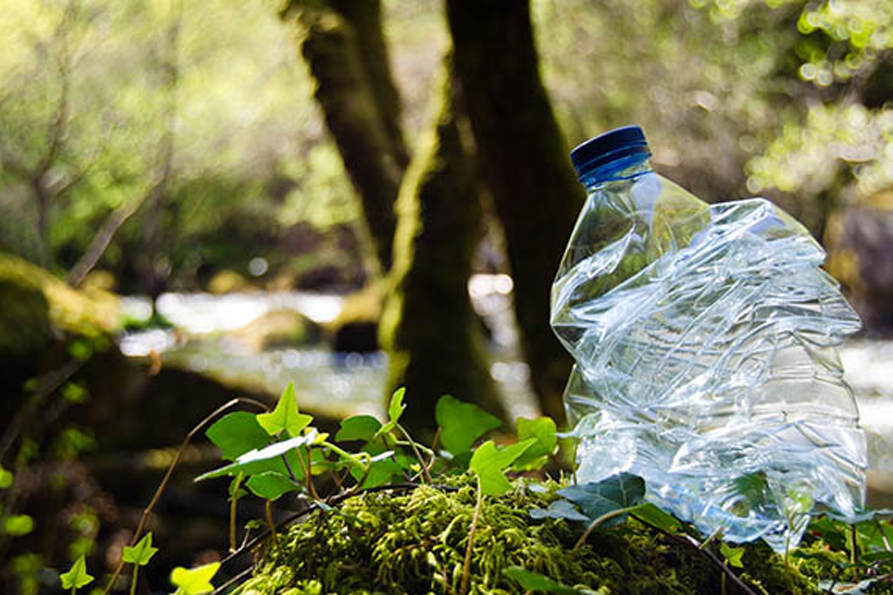
PureAquaTek Bottleless Water vs. Big Box Stores
November 30, 2021
Purified Water, The Benefits Of Reverse Osmosis
February 17, 2022Plastic Is Negative For The Environment – Why Go Bottleless
Imagine plastic wrapping every inch of the world. The adverse effects plastic has on the environment are many and threaten future generations’ ability to have a safe, sustainable world in which they can live.
How Is Plastic Bad For The Environment
The plastic manufacturing industry has a significant impact on the environment in a variety of ways:
- Pollution, which can be seen all over land and water supply.
- Plastic production, which uses numerous harmful chemicals to make plastic items.
- Decomposition, which takes extremely long periods.
Plastic Pollution
Plastic is one of the most prevalent, polluting the earth’s surface. In many areas near cities and oceans, plastic pollution can be found littering certain areas that are hard for humans to reach. A study in the North Pacific Ocean from 1972-1982 found that plastic particles outnumbered plankton 6:1. One study found a minimum estimated concentration of 43,000 pieces per square mile off the coasts of California, Oregon, and Washington.
This floating plastic debris surrounds fishes as plastic bags, and plastic wrappings make their way to oceans. Meanwhile, plastic water bottles are leaching toxic chemicals into the world’s drinking water supply. Most plastic is made from polyethylene terephthalate (PET), a plastic that has been proven to release carcinogenic toxins into the environment.
Plastic Production
In plastic production, harmful chemicals are used that negatively affect the environment. In making plastic items from petroleum products, toxic materials such as lead and cadmium are released into the air—over six hundred documented cases of plastic manufacturing facilities causing pollution in surrounding areas.
Water bottles make up a large portion of plastic made and disposed of each year. Producing water bottles uses millions of barrels of feedstock that is derived from crude oil per year, or in the United States from petroleum products. This also causes carbon dioxide emissions which contribute to global warming by trapping heat. The plastic found in disposable water bottles takes 700 years to decompose naturally.
Why Purified Water Is Better
Now that we have reviewed why plastic bottles are bad for the environment and your health. Let’s explore why bottleless purified water is not only better for the environment by eliminating the need for plastic bottles, but also your health especially when it comes to community water coolers and subpar filters.
Simple filtered water (bottled water and bottle coolers) may be efficient when filtering chlorine, pesticides, and solvents, but it cannot get rid of the dissolved solids. Our purified and sanitized water uses Reverse Osmosis, the best way to purify water worldwide. This technology allows us to strip those dissolved solids from the water (Lead, Mercury, Arsenic, and Chromium 6) that most current systems cannot remove.
In summary, plastic has many adverse effects on our daily lives. Pollutes our planet with toxic chemicals, plastic water bottles are harmful to our health, and plastic’s ability to biodegrade is prolonged.
PureAquaTek Cares About You & The Environment
When it comes to caring about you and the environment, our team is excited to share our knowledge. Join the Purified Bottleless Water revolution and discover why our bottleless water cooler method is the best choice for you and the environment in which we live. Reach out to our experts to learn more.


